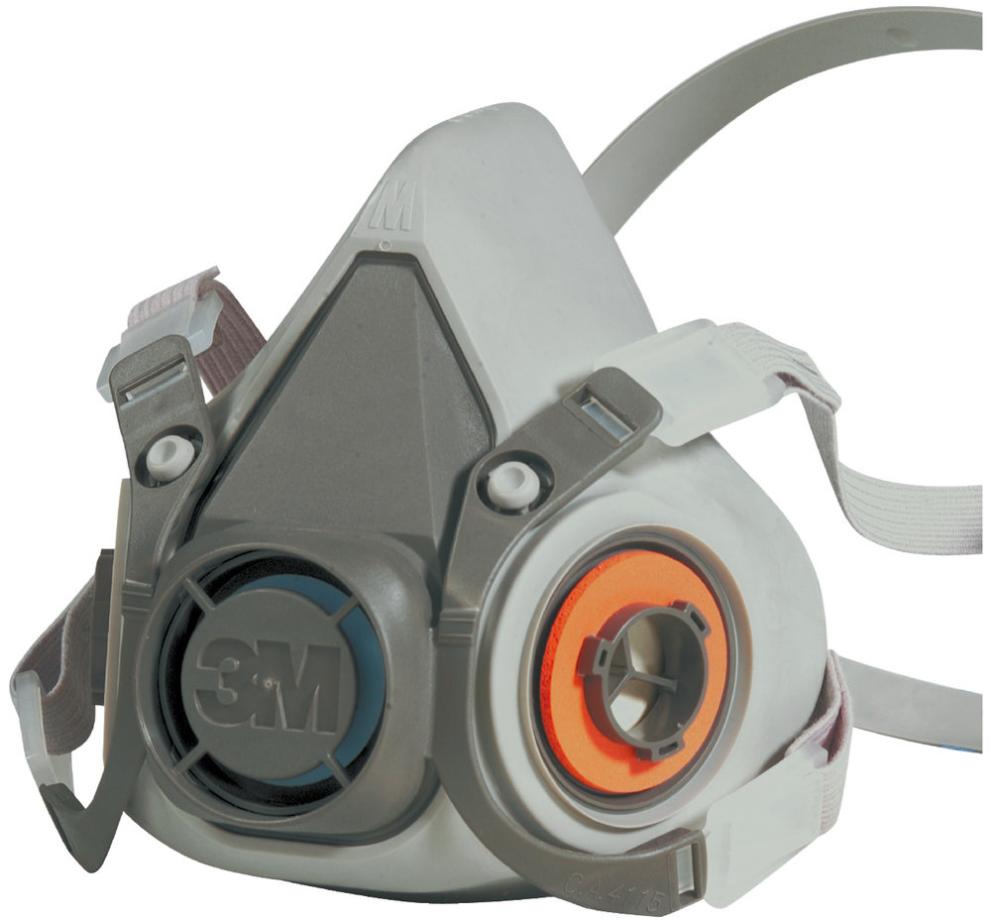Can Face Masks Cause Health Problems?
During the COVID-19 pandemic, face masks have become an essential part of our daily lives. While they play a crucial role in preventing the spread of the virus, concerns have been raised about the potential health problems associated with prolonged mask-wearing. This article aims to explore the types of face masks commonly used, the potential health issues they may cause, and strategies to mitigate these risks.

Types Of Face Masks And Their Materials:
Surgical Masks:
- Disposable masks made of non-woven fabric.
- Provide basic protection against respiratory droplets.
- Low filtration efficiency compared to other mask types.
N95 Respirators:
- Tight-fitting masks with a high filtration rate.
- Designed to protect against airborne particles, including viruses and bacteria.
- More difficult to breathe through compared to surgical masks.
Cloth Masks:
- Reusable masks made from various fabrics, such as cotton or polyester.
- Varying levels of filtration and breathability depending on the fabric and construction.
- Less effective in blocking respiratory droplets compared to surgical or N95 masks.
Potential Health Problems Associated With Face Masks:
Respiratory Issues:
- Increased breathing resistance, especially for individuals with respiratory conditions.
- Shortness of breath due to restricted airflow.
- Hypercapnia (elevated carbon dioxide levels) and hypoxia (reduced oxygen levels) with prolonged mask-wearing.
Skin Irritation And Acne:
- Friction and moisture from masks can cause skin irritation and rashes.
- Acne breakouts due to bacterial growth in the moist environment under the mask.
- Increased risk for individuals with sensitive skin or pre-existing skin conditions.
Psychological And Emotional Effects:
- Anxiety and stress associated with the constant reminder of the pandemic.
- Claustrophobia and discomfort from wearing a mask for extended periods.
- Social isolation and communication difficulties due to muffled speech.
Mitigating The Risks Of Face Mask-Related Health Problems:
Proper Mask Selection And Fit:
- Choose a mask that fits snugly but comfortably, covering the nose, mouth, and chin.
- Ensure the mask has multiple layers of fabric for better filtration.
- Avoid masks with valves or vents, as they allow unfiltered air to escape.
Regular Mask Breaks:
- Take regular breaks from mask-wearing to allow for proper ventilation.
- Step outside or find a private space to remove the mask and take deep breaths.
- Follow guidelines on the frequency and duration of mask breaks.
Skin Care And Hygiene:
- Use gentle skin cleansers and moisturizers to prevent skin irritation.
- Avoid harsh soaps or detergents that can further irritate the skin.
- Wash masks regularly with hot water and detergent to reduce bacterial growth.
While face masks are essential for preventing the spread of COVID-19, it is important to be aware of the potential health problems associated with prolonged mask-wearing. Proper mask selection, fit, and maintenance can help mitigate these risks. Individuals who experience persistent health issues related to mask-wearing should consult with healthcare professionals for guidance.
YesNo

Leave a Reply